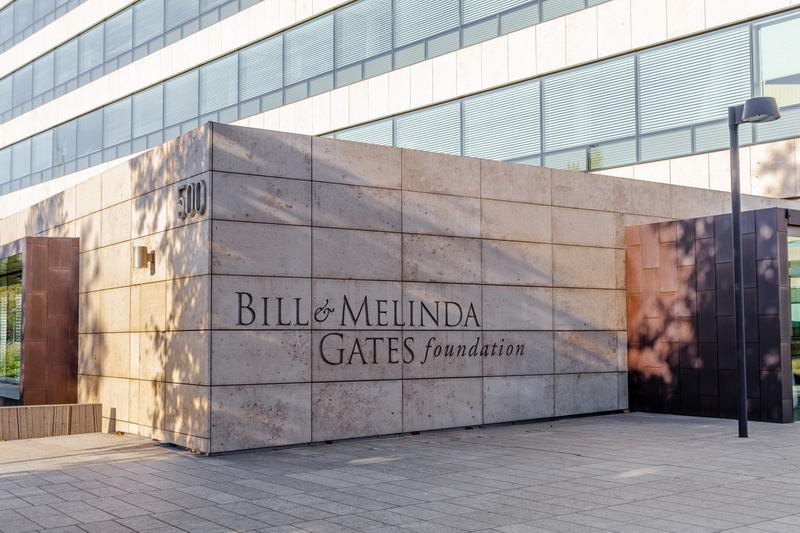
Bill and Melinda Gates: A High-Profile Modern Divorce
Bill and Melinda Gates: A High-Profile Modern Divorce – breaking it down, and lessons learned for your separation agreement
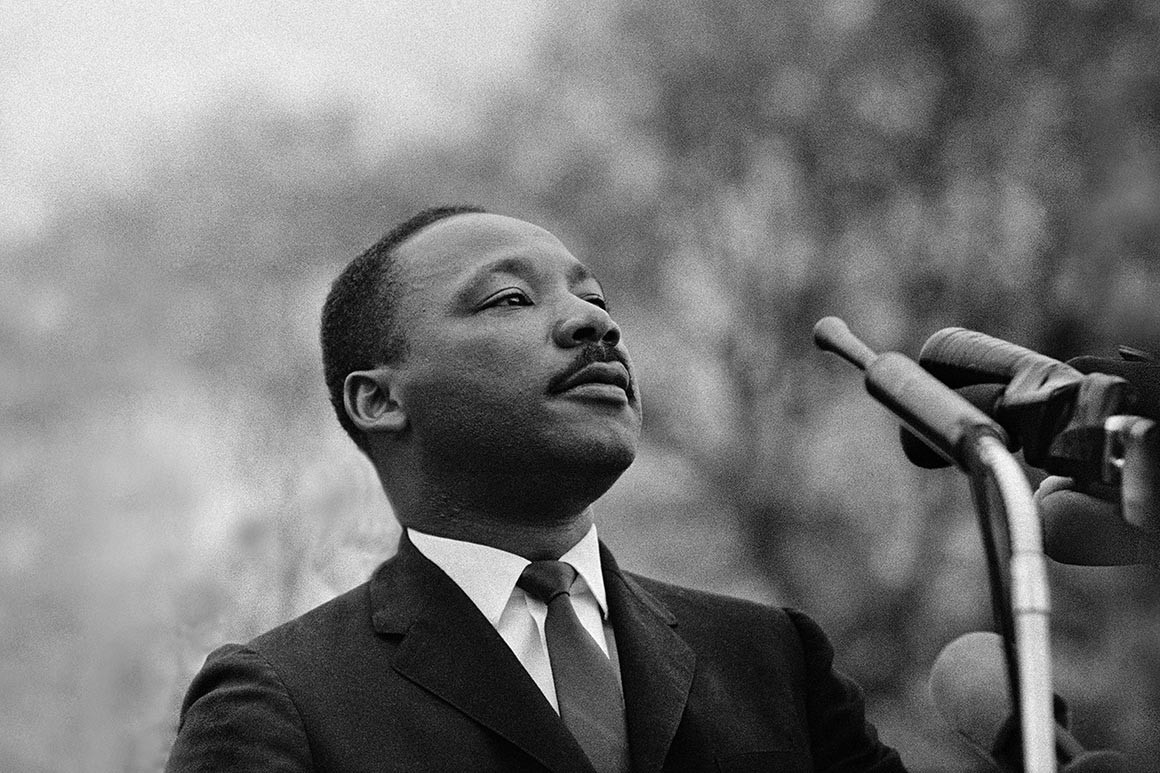
7 CELEBRITIES WHO DIDN’T LEAVE A WILL
(Intestate = without a will)
1. Abraham Lincoln- Lawyer, President of the United States
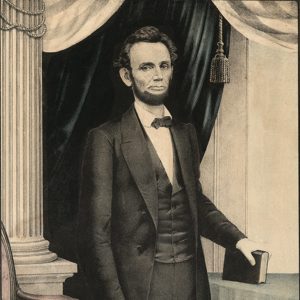
Age at the time of death: 56
As the 16th president of the United States and a lawyer, some would be shocked to find out that Abraham Lincoln has not drawn a Will before he died. After his assassination in 1865, President Lincoln’s intestate estate was valued at $110,300 and was divided among his wife and his two sons. Lincoln’s estate would be a few million in today’s dollars.
2. Martin Luther King, Jr.- Civil Rights Activist- Nobel Prize medalist

Age at the time of death:56
Dr. Martin Luther King, Jr. known was a well-known activist who faced death threats, so, it is unexpected that he did not have a Will signed. Although Dr. King was assassinated in 1968, his family is still fighting these days over his estate. Recently, King’s children started another fight in court over King’s Nobel Peace Prize medal and personal traveling Bible.
3. Jimi Hendrix – Songwriter/Singer
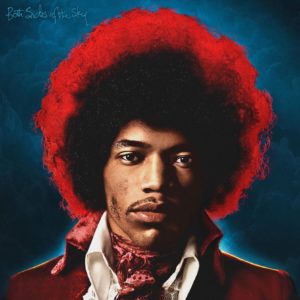
Age at the time of death: 27
Jimi Hendrix died in 1970 without leaving a Will. The estate litigation went on for more than 30 years. Hendrix’s estate went to his father, Al Hendrix, after a court dispute with two alleged out of wedlock children. After Al Hendrix died, Hendrix’s siblings had been fighting in court over the control of the singer’s $80-million estate. The Court endorsed Al Hendrix’s Will, but the siblings continued fighting over the use of the singer’s image.
4. Bob Marley – songwriter, singer
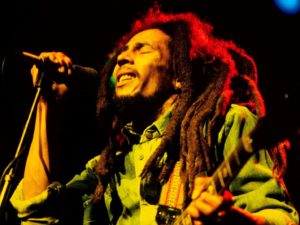
Age at the time of death: 36
It may amaze you that famous reggae songwriter and singer, Bob Marley, who was diagnosed with cancer in 1977 and died four years later at 36 did not have a Will. Bob Marley’s estate continues to produce income, earning more than $20 million between 2013 and 2014.
Under Jamaican law, Marley’s estate was divided among his wife and 13 children. As a result, Marley’s widow, Rita, received only 10 percent of his assets. Thirty years after Marley’s death his heirs were still litigating over the singer’s estate. After many years of court battles, Rita and Marley’s family received Marley’s name and likeness. The Estate of Bob Marley is strongly defending the commercial use of Bob Marley’s likeness, songs, and intellectual property. Just recently, the Marley’s Estate sued Bob Marley’s half-brother, Richard Booker, for giving Jamaican tours and coordinating music festivals using Bob Marley’s name.
5. Amy Winehouse – singer/songwriter

Age at the time of death: 27
The British singer, Amy Winehouse, died in 2011 as the result of alcohol poisoning. Originally, the press reported that Winehouse left a Will, however, British court decided that the singer’s $4.66 million fortune was allocated to her parents. Her ex-husband, Blake Fielder-Civil, was not a beneficiary.
In “Amy”, the Oscar-winning documentary about Winehouse, the singer is presented as having a very heated relationship with her father who was called in the documentary a “misleading” person.
6.Prince – singer
 Age at the time of death: 57
Age at the time of death: 57
The celebrity singer died in April 2016 after a five-decade career and seven Grammy Awards trophies. Prince’s estate was evaluated at $300 million at the time of his death. Surprisingly, Prince did not leave a Will.
Without having a will in place, different people came out and alleged to be his previous wife, children, siblings, or relatives. In May 2017, after a year of court fights, a judge ordered that there is no Will for Prince and that Prince’s sister and five half-siblings were the right beneficiaries of the fortune.
7. Michael Jackson – Singer/Songwriter
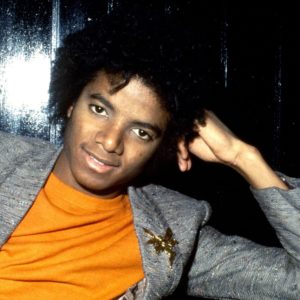 Age at the time of death: 50
Age at the time of death: 50
Jackson’s family initially thought that he died intestate. Immediately following Jackson’s death in July 2009, his mother filed documents in court claiming that Michael did not have a Will.
However, later, a Will was discovered, being executed 7 years before the pop star’s death.
Jackson appointed his lawyer and music executive as administrators of his estate, his mother as a guardian to his children, and a beneficiary of a trust, and his sister, singer Diana Ross, was named an alternate guardian for Jackson’s children and their estates.
Jackson’s estate produced over $242 million in the past and continues to generate great revenue.
WHAT WE LEARNED
- Without a will, a messy estate will be left behind.
- Estate lawsuits can take years to be decided.
- The law will dictate who gets what vs. what the person would have chosen had he /she taken the time to execute a Will
- Family may not be able to divide the estate without filing a lawsuit
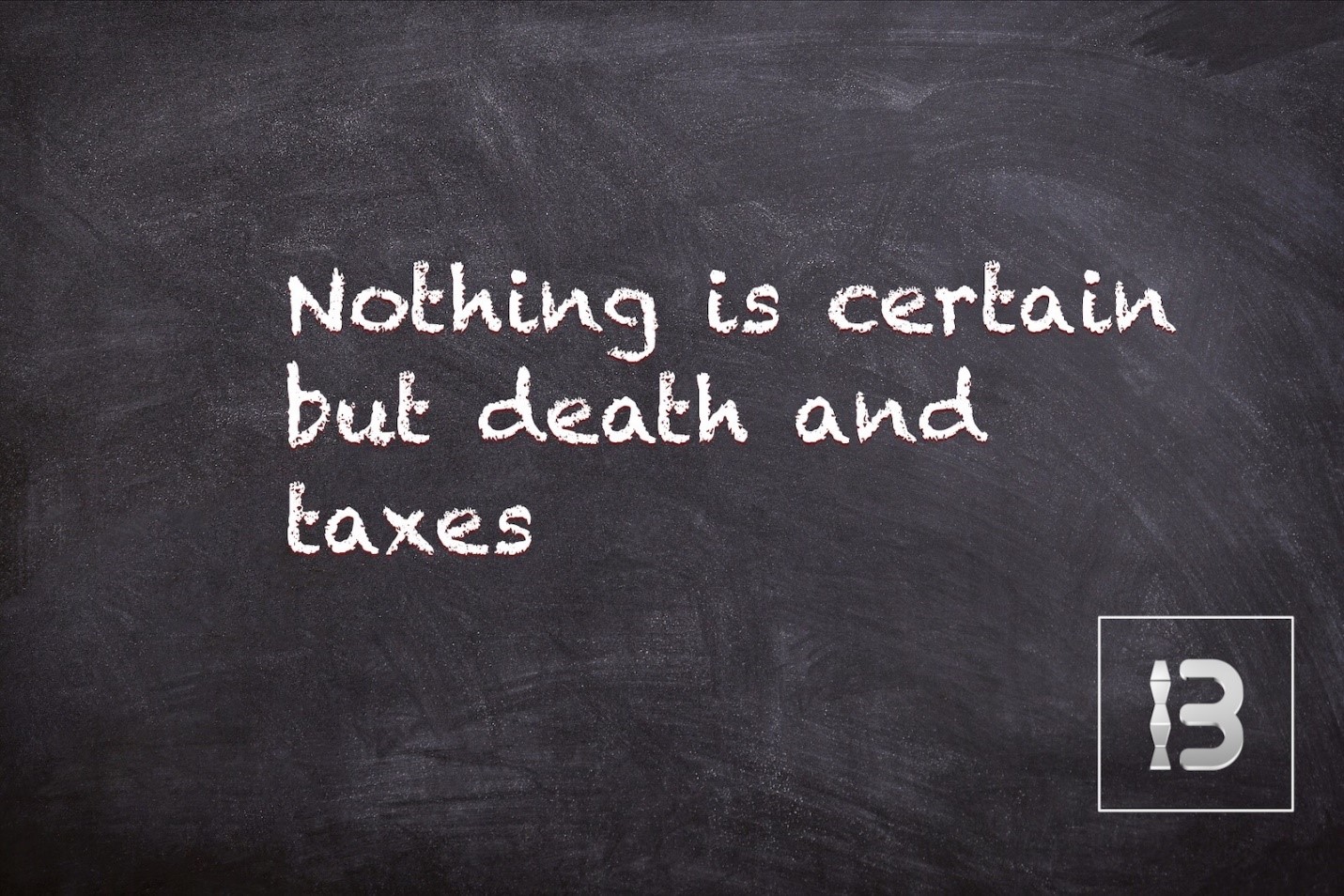
Three Things You Need to Know About Taxes At Death
1. There is no inheritance or death tax in Canada
In Canada, there is no inheritance or death tax levied on the beneficiaries; the estate pays any tax that is owed to the government. If you are the beneficiary of money or assets through an estate, you inherit the money tax-free, i.e. the tax has already been paid by the estate. You do not have to add inheritance to your income tax return.
2. There are estate taxes payable on death
The key taxes payable on death in Ontario by the estate are:
- Estate Administration Tax (i.e. Probate Fees): While there is no “death tax” in Ontario, your estate will have to pay an “Estate Administration Tax” (i.e. Probate Fee) to the Ministry of Finance. This tax is calculated based on the total value of all assets owned by the deceased at the time of death that will go through the probate process in court. This tax is about 1.5% of the value of the estate.
- Income taxes due for the year of death: These are the personal income taxes of the deceased.
- Income taxes for any trusts (i.e. the estate from the time of death until distribution): These are income taxes payable on income earned by the estate.
- Tax on Capital Gains: You are deemed to dispose of all capital property at death. Your estate must cover the tax on any capital gains.
- Tax on Tax-Shelter Savings plans: Registered plans such as RRSPs and RRIFs can be transferred tax-free to your spouse’s plan. If you do not have a spouse, these savings are fully taxable at your death.
3. You can avoid paying the “death” taxes
You can avoid paying taxes on death by arranging your finances and property with the help of an estate lawyer.

Leave A Valid Will
That probably means setting up a meeting with a lawyer.
Without a will, the courts decide who gets what according to the laws in the Province of Ontario, rather than according to your wishes. This can be a more complicated process, with higher legal fees and the potential for costly legal disputes.
Designate A Beneficiary
When you buy life insurance or open an RRSP, you can name a beneficiary to receive the money when you die. This means the money bypasses the estate process and is paid directly to the beneficiary. Because it does not form part of your estate, the money is not subject to probate fees and there is no delay in your beneficiaries receiving the money.
Jointly Own Property
Holding assets jointly with another person is another strategy for reducing probate fees. Joint assets pass automatically to the surviving joint owner and are generally not considered part of your estate and subject to probate fees. Married couples’ titles to homes, bank accounts, and other financial assets are often held this way.
Plan and Prepay Your Funeral
Planning and prepaying your funeral remove a major expense that your family or estate must cover upon your death. When you prepay, the money goes into a trust account or insurance fund until your funeral. This way you control your costs as you choose the type of funeral you want in advance. You will also save your family from the difficult job of making decisions during a time of sorrow.
Buy Permanent Life Insurance
Life insurance proceeds can be paid to your estate to cover estate costs or left directly to a beneficiary to provide additional amounts to a specific person. These proceeds are paid tax-free.
You can also consider a permanent insurance policy for estate planning purposes which covers you for life, no matter how long you might live. Term insurance does not.
Multiple Wills
Another planning technique involves the use of “multiple wills.”
As part of this arrangement, the lawyer will prepare two wills: a primary and a secondary will. In the primary will, the testator deals with all his or her assets other than shares of private family corporations, loans, or other amounts receivable from those corporations, and other assets for which probate is generally not required. These specific assets are dealt with in a secondary will. However, the lawyer drafting the wills must ensure that one Will does not accidentally revoke the other Will and that the Will for probate meets provincial requirements.

